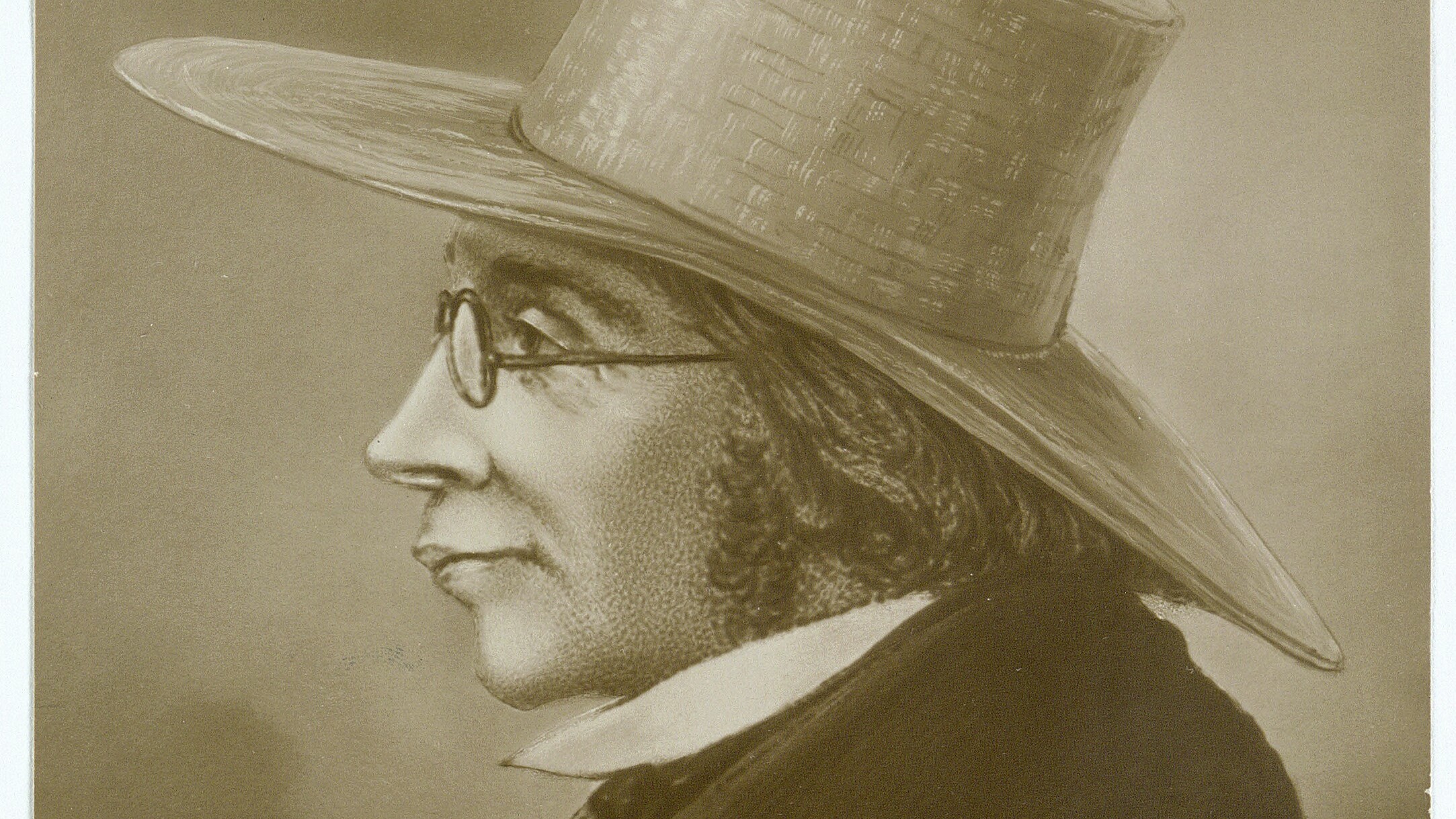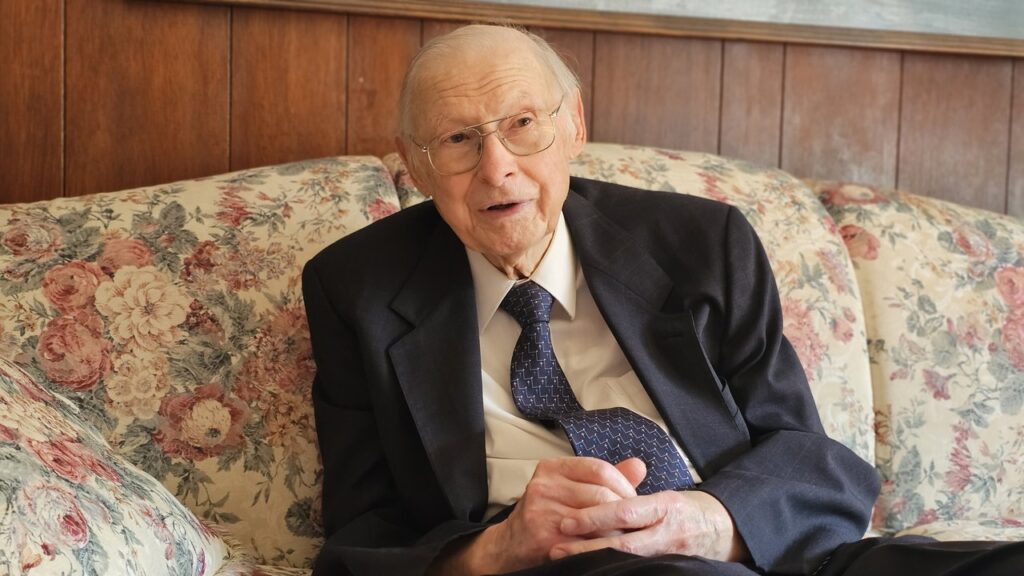To connect the dots is to escape the determinism of fate. It allows us to be free in the Kantian way: to be free to live a morally good life. Two of such dots I finally could connect are the dots between spiritual experiences and psychotherapeutic effectiveness. Spiritual experiences, often induced by psychedelics, have shown promising clinical results in treating substance use disorders, most famously alcoholism. These spiritual experiences in some cases have led to lasting ‘miraculous’ recoveries that outweigh the potential effectiveness of other psychological or medical treatments.
As I have previously stated, this almost miraculous effect of spiritual experiences is not merely a psychological question, it is also a spiritual one. Carl Jung famously summarized substance abuse as ‘Spiritus contra spiritum’ (‘Spirit against spirit’). Jung argued that the craving of alcohol (and other addictive substances) is a spiritual one. Therefore, it also needs a spiritual solution to satiate the thirst. This understanding has become increasingly popular among addiction experts and was even important in the establishment of Alcoholics Anonymous (AA), as many of the founders had a spiritual experience that helped them to overcome their alcoholism.
Psychological research often cites spirituality as a way to develop a sense of meaning and purpose, which is significant in people’s recovery from addiction. Yet, there is limited understanding of how spiritual experiences truly make a difference in fighting addiction. This is understandable as mainstream psychology has an implicit material worldview.
This makes spiritual experiences hard to grasp and forces the psychologist to reduce spiritual experience to one of the many factors of ‘recovery capital’.
In other words, spiritual experiences are deemed qualitatively no different than other factors that impact addiction.
Kierkegaard’s Antidote: Subjective Anxiety
While reading Søren Kierkegaard’s book on anxiety called The Concept of Anxiety: A Simple Psychologically Oriented Deliberation in View of the Dogmatic Problem of Hereditary Sin (1844), I was able to connect the dots and link psychological practice and spiritual experience a bit more. Kierkegaard makes a case that to the modern ears might sound bizarre. Yet, once we follow its logic, we might come closer to discovering part of the answer.
Kierkegaard uses his psychological observations to explain the relation between anxiety and the Christian dogma of hereditary sin. Traditionally, the Biblical story of Adam and Eve is understood as the starting point of sin in the world. When Adam eats from the tree of good and evil, sin enters his being and thereby the world. This sin is consequently passed on to the next generations which already in the very next generation leads to the first murder when Cain kills Abel.
Kierkegaard, a devout Christian, uses this tragic story of the fall of man to explain the personal existential struggle of each human. He does so by introducing the concept of subjective anxiety.
According to Kierkegaard, subjective anxiety emerges once freedom of choice enters the picture.
Subjective anxiety is ‘freedom’s actuality as the possibility of possibility’. In other words, subjective anxiety can only exist once one becomes aware of the possibility of good and evil. This is why according to Kierkegaard anxiety is the psychological path towards sin. In the Genesis story, once Adam is told by God that he cannot eat from the tree of good and evil, Adam becomes aware for the first time that there are things that one should not do. By giving Adam the choice to follow God’s commandment, Adam is taken out of his blissful innocence. For the first time, Adam becomes anxious. Anxious to stare the existential question right in the face and ask: ‘Am I doing the right or wrong thing?’
For Kierkegaard this story resembles the process that each individual goes through. We are innocent and ignorant when we are born and become increasingly aware of good and evil. This gets us to a point where subjective anxiety first appears in the individual. This subjective anxiety gives the choice to the individual to act sinfully or not. Thus, sin is its own antecedent. Through a ‘qualitative leap’ it comes into existence. Hence, sin does not derive from subjective anxiety, rather it forms a relationship with it by which it is actualized.
To see the relevance of it all, let’s go back to our original topic of substance abuse and spiritual experience. Figuratively speaking, spiritual experiences are so effective in combatting substance abuse because they take away all our clothes. Like Adam and Eve, we once again become aware of our nakedness and vulnerabilities. The hedonistic distractions that we individually and collectively as a society use to delude ourselves into thinking that we are less vulnerable and less in need to face the existential question of good and evil dissolves. We are once again in pure synchrony with the question of sin. Even if in our secular societies we believe we can escape this question as part of mythology, we only seem to dig a deeper hole for ourselves. Given how anxious the West has become, and how much mental health is declining,
what we might need is more priests and fewer psychologists.
What I mean by that is that we need the acceptance of our existential struggle with good and evil, and that suppressing it and distracting ourselves with entertainment and progressivism has not been the holy grail it has promised to be. Like the serpent in Genesis, it makes promises it cannot keep and is the source of our demise.
Modern Paganism: How We Become Slaves of Our Own Fates
To apply Kierkegaard’s conceptualization of anxiety even more to modern society, we should look at his understanding of the pagan world. Kierkegaard explains that, contrary to some Christian theology, paganism itself is not sinful. Pagan societies bring us into what Kierkegaard calls ‘a sensuous state’. Sensuousness in this context is the focus on the physical senses, instead of the spiritual ones. Sensuousness most importantly also entails sexuality. Crucially, sensuousness is not equal to sin for Kierkegaard. Yet, it brings the individual into a state of anxiety which tempts the individual to commit sin. The pagan world therefore is for Kierkegaard one in which humanity becomes a slave of what the pagans called fatum (fate). This fate is exemplified by the reliance on oracles in the ancient pagan world. Because one is unable to have a relationship with fate, one is forced to use the Oracle as an intermediary. Yet, the oracle, who himself is unable to have a true relationship with fate, hides behind ambiguity to mask its deficiency. Thereby, the oracle only enhances the subjective anxiety of its followers as they are left to find a direction out of the vague message of its oracle. Thus, ironically, the oracle provides the environment in which sin can find its footing.
This explanation of ancient society is very relevant to modern Western society. As modern man has implicitly recreated a pagan culture in which one is emancipated of the existential question of good and evil, man increasingly worships new (old) idols such as money and celebrities.
Just like the ancient pagans, we have become increasingly confident that our tools (technology instead of oracles) can turn us into the creators of our own fate
without having to deal with the question of good and evil. We no longer ask ourselves if technological advancement is favourable to society, as we believe that it is our destiny to build our own towers of Babel to escape the human imperfection altogether.
Spirit Against Spirit: Our Own Antidote to Mental Deterioration
In conclusion, the high effectiveness of spiritual experiences in treating substance abuse shouldn’t come as a big surprise. Spiritual experience forces us to face our own destructiveness and how it consumes us. It moves us to drop our masks and face the existential anxiety spiritus contra spiritum.
It shows us that in some way, we are all being consumed. It might not be as explicitly visible as substance abuse, but below the surface, we are all struggling with our own imperfection and ‘sinfulness’. We all let our subjective anxiety overwhelm us and tempt us into a destructive state. Kierkegaard perfectly described how we fall for this anxiety: ‘Anxiety may be compared with dizziness. He whose eye happens to look down into the yawning abyss becomes dizzy.’
Thus, the solution is not to delude ourselves into thinking of ourselves as either perfect or independent of our existential experience. The way forward is to admit that we all need spiritual experience, not just to find some abstract or benign meaning and purpose. Most importantly, we need spirituality to make this abstraction into a personal reality. What we are doing in our lives matters as we are facing the existential fight between good and evil even in the smallest and most banal matters. Medicalizing or rationalizing this core part of our being has been most destructive to our mental health.
The beauty of this realization is that we all can start today to improve our mental health, no matter what walk of life we are from. We can rise to the occasion as soon as we dare to have a deep conversation with our own subjective anxiety. To hide beyond our ignorance or distractions will not make our problems disappear. It will merely keep them hidden below the surface until they consume us and leave us in a state of agony. Therefore, to truly overcome our subjective anxiety, we must face it courageously, knowing that this is not a way to escape our fate or make the anxiety disappear completely. It is only a way to build a relationship with our fate as we become that which empowers our existential quest.
Read more from the author:








